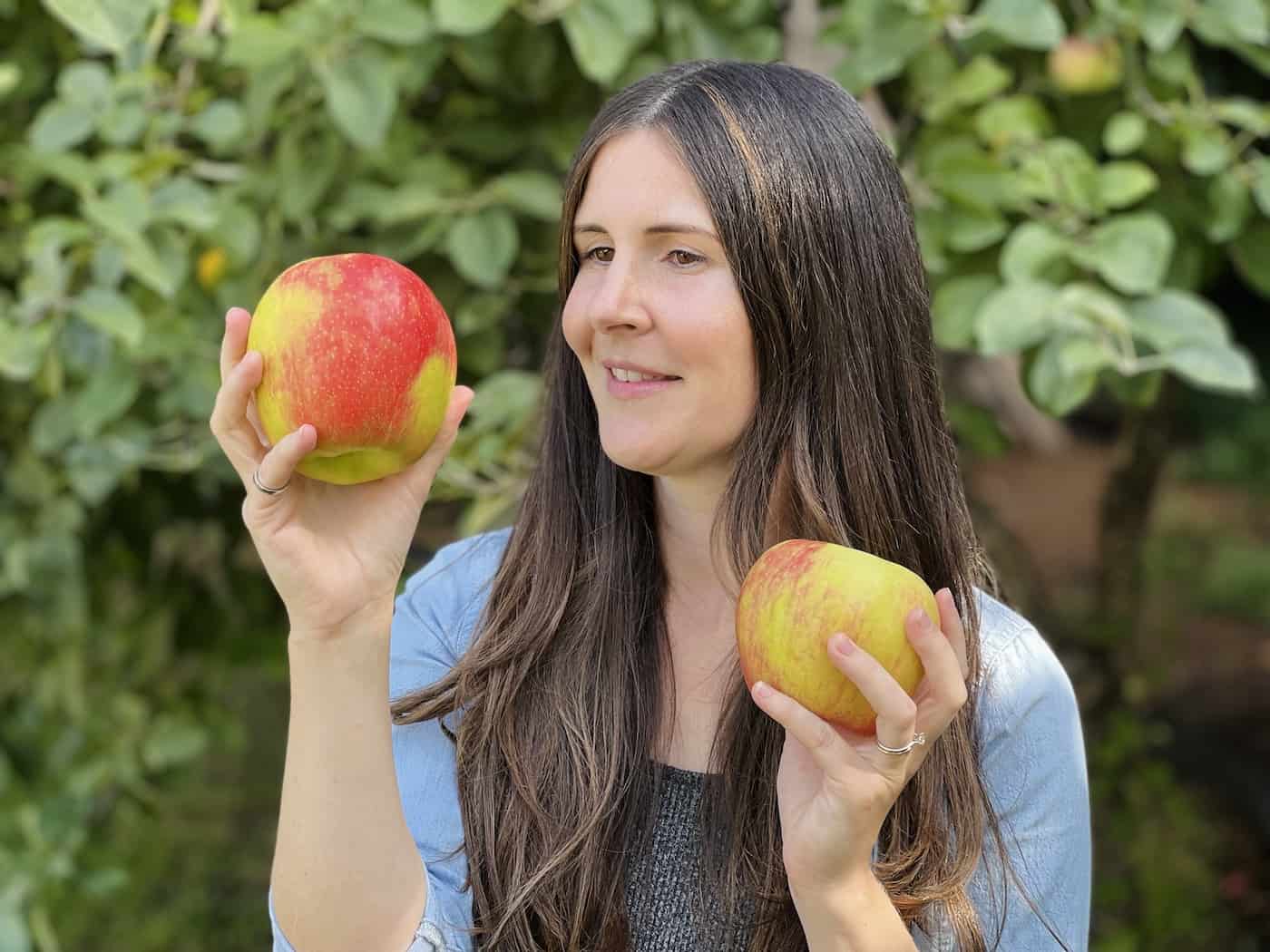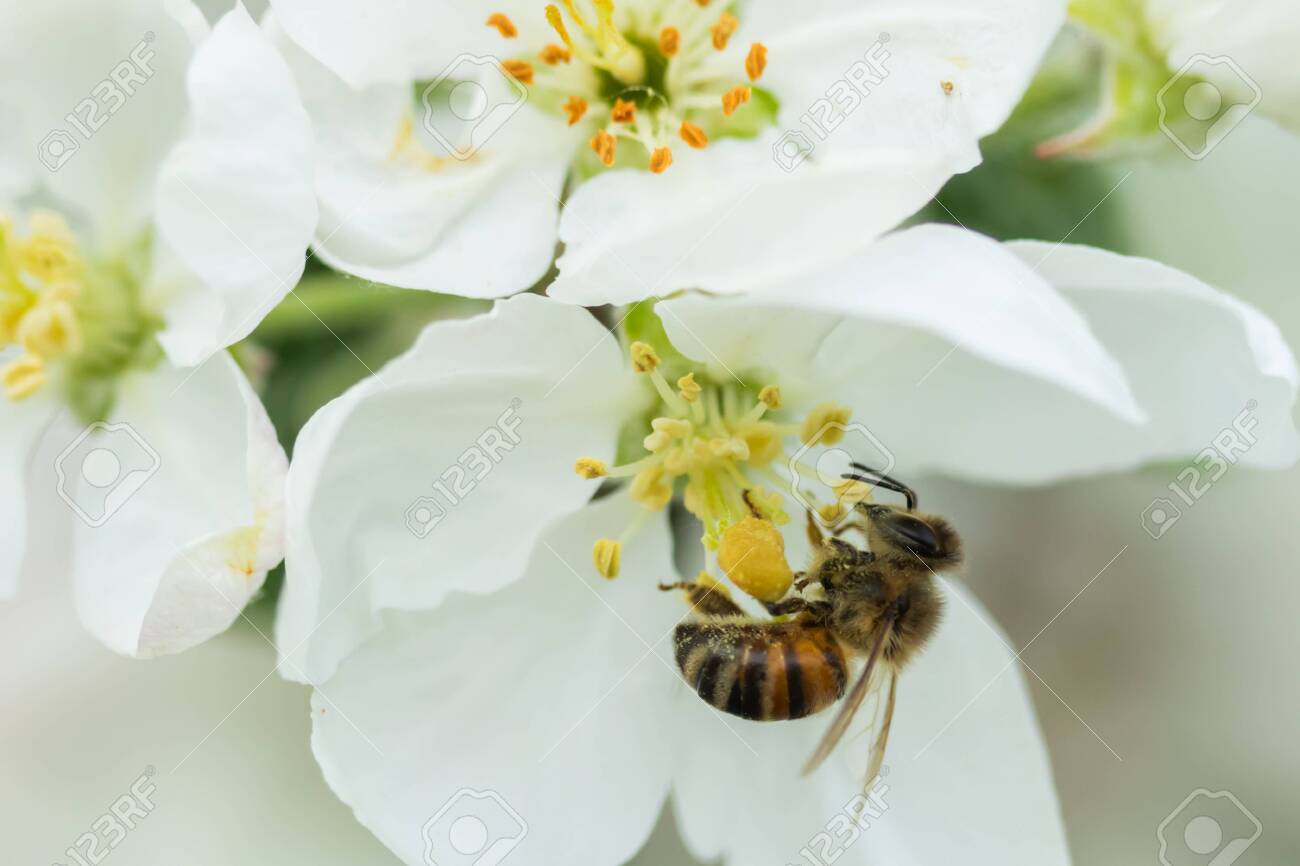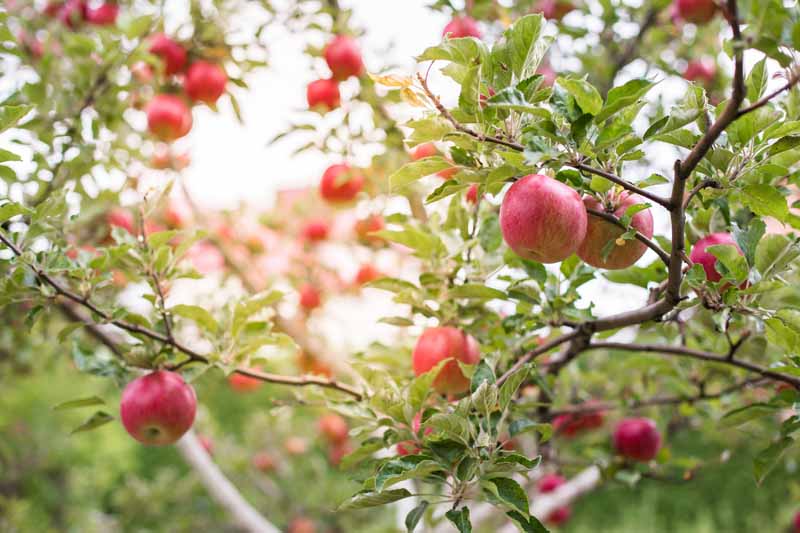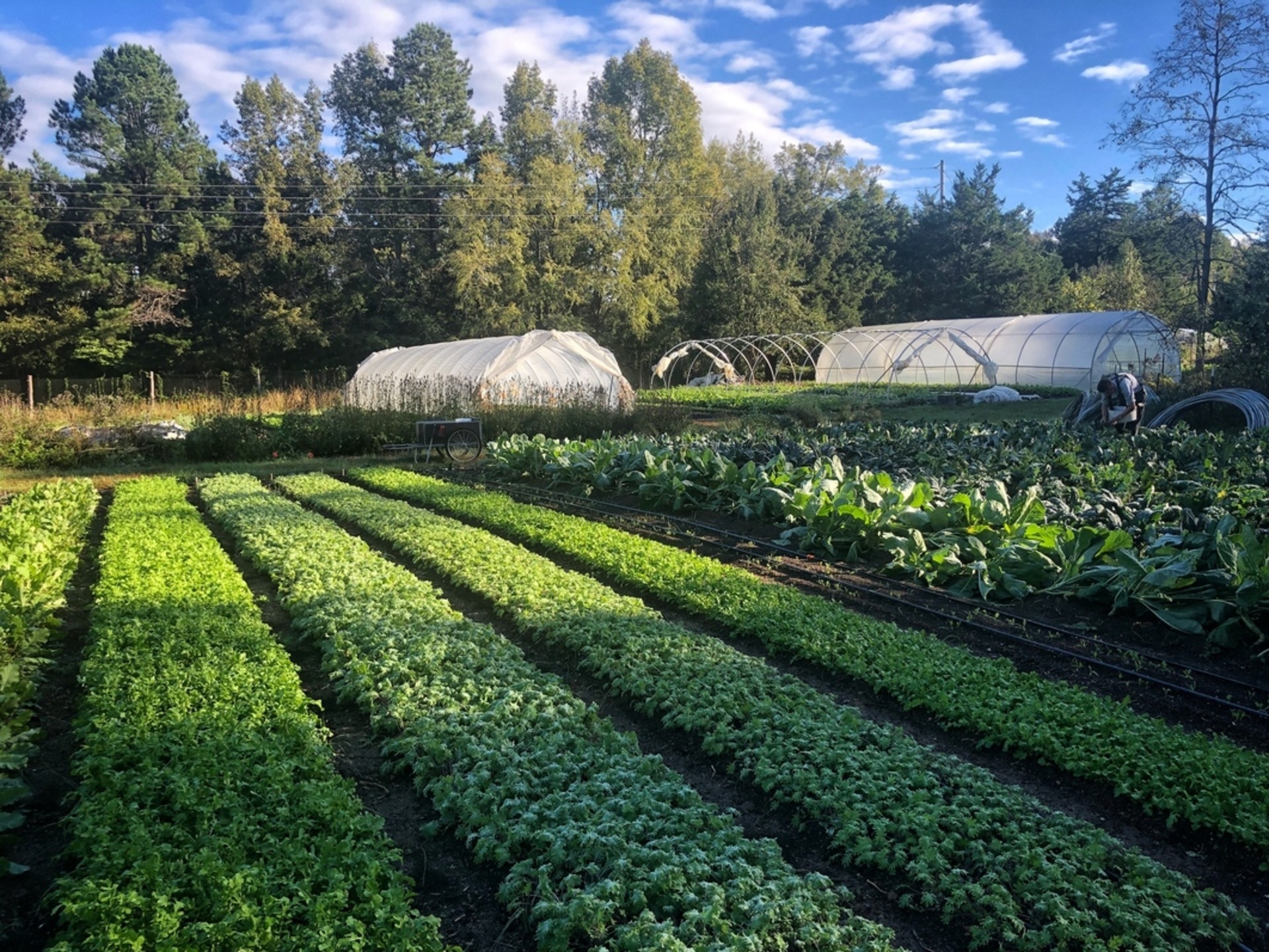From its iconic place in the Garden of Eden to the beloved pie filling, the apple has been an integral part of human history and culture for centuries. But in America, this fruit has played an especially significant role, from the days of Johnny Appleseed to the present day. Join me on a journey through time as we explore the fascinating history and cultural significance of apples in America.
The Early Days: While the apple is not native to North America, it was brought over by early colonists and quickly became an important crop. In the 1700s, Johnny Appleseed famously planted apple trees throughout the Midwest, helping to spread the fruit throughout the region. Apples were a popular food source for early Americans, often eaten fresh or used to make cider.
A Symbol of Manifest Destiny: As America expanded westward in the 1800s, the apple became a symbol of Manifest Destiny, the idea that it was the country’s destiny to conquer and settle the West. Settlers brought apple trees with them as they moved across the country, planting orchards and creating new varieties of apples.
An Apple a Day: In the early 1900s, the phrase “an apple a day keeps the doctor away” became popularized. While this claim may not be entirely true, apples are certainly a healthy fruit, packed with fiber, vitamins, and antioxidants. In fact, the USDA recommends eating at least one and a half to two cups of fruit per day, with apples being a great choice.
An Apple for the Teacher: Apples have long been associated with education and teachers. In the early 1900s, students often gave apples to their teachers as a sign of appreciation. The tradition continues to this day, with apples being a popular gift for teachers at the beginning of the school year.
From Orchard to Table: Today, apples are grown in all 50 states and are one of the most popular fruits in the country. They are used in a variety of dishes, from sweet apple pies to savory pork chops with applesauce. Apples are also a key ingredient in popular drinks like apple cider and apple juice.
Famous American Apples: There are hundreds of different varieties of apples grown in the United States, each with its own unique flavor and texture. Some of the most popular varieties include Granny Smith, Honeycrisp, and Red Delicious. And who can forget the famous Big Apple, New York City, which got its nickname in the 1920s?
An Apple in Politics: Apples have even made their way into American politics. In 1981, President Ronald Reagan declared apple pie the official dessert of the United States. And in 2019, President Donald Trump served McDonald’s apple pies to the Clemson football team during their visit to the White House.
The Future of Apples: As with any crop, the future of apples is not without its challenges. Climate change, pests, and diseases are all threats to apple production. However, scientists and farmers are working together to find solutions, including developing new apple varieties that are more resilient to pests and diseases, and using sustainable farming practices to reduce the environmental impact of apple production.
From Johnny Appleseed to modern-day orchards, apples have played a significant role in American history and culture. Whether enjoyed fresh, baked into pies, or used in savory dishes, this versatile fruit continues to be a beloved part of the American diet. As we look to the future, it’s clear that apples will continue to play an important role in agriculture, nutrition, and even politics.
So the next time you bite into a crisp, juicy apple, take a moment to appreciate the rich history and cultural significance of this delicious fruit.




